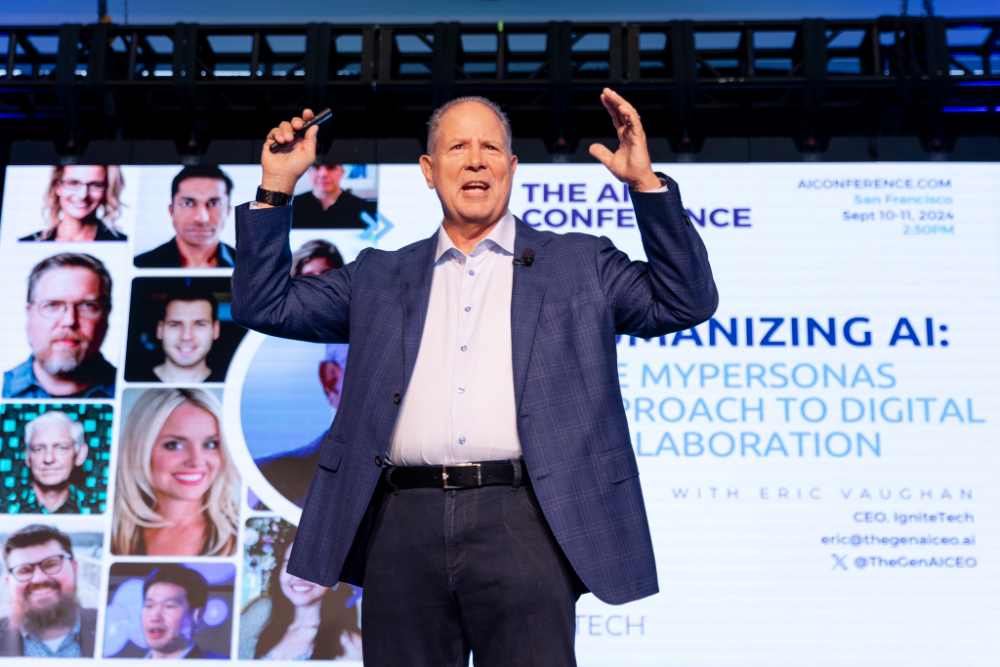Eric Vaughan, CEO of enterprise software company IgniteTech, stands firm on his controversial decision to replace nearly 80% of his workforce because they wouldn’t embrace artificial intelligence fast enough. Two years after this radical move, Vaughan maintains he would do it again despite the difficulties involved.
“Changing minds was harder than adding skills,” Vaughan told Fortune in a recent interview. The mass replacement happened gradually from early 2023 through the first quarter of 2024, after Vaughan became convinced that generative AI represented an “existential” transformation for business.
The company’s AI push began with dedicated “AI Mondays” – workdays where employees could only focus on artificial intelligence projects. IgniteTech invested heavily in the transition, spending about 20% of its payroll on AI training and tool reimbursements for staff.
Surprisingly, technical staff showed the strongest resistance to AI adoption rather than sales or marketing teams. When employees refused to participate or actively worked against the initiatives, Vaughan chose replacement over continued persuasion efforts.
“You can’t compel people to change, especially if they don’t believe,” Vaughan explained. This resistance wasn’t unique to IgniteTech. According to WRITER’s 2025 enterprise AI adoption report, one in three employees admitted to “actively sabotaging” their company’s AI rollouts, with even higher rates (41%) among younger workers.
Similar Posts
After the workforce overhaul, IgniteTech completely reorganized its structure. The company hired Thibault Bridel-Bertomeu as Chief AI Officer and launched a massive recruiting effort for “AI Innovation Specialists” across all departments. Every division now reports to the AI organization – an unusual structure that Vaughan credits with preventing duplicate efforts and improving knowledge sharing.
The results have been substantial. By the end of 2024, IgniteTech had developed two patent-pending AI solutions, including Eloquens AI for email automation. The company maintained strong financial performance with nearly 75% EBITDA (earnings before interest, taxes, depreciation and amortization) while completing a major acquisition of Khoros.
Not everyone agrees with Vaughan’s approach. Joshua Wöhle, CEO of AI training firm Mindstone, argues that reskilling existing employees is more effective than mass layoffs. His company trains hundreds of workers monthly at firms like Lufthansa and Hyatt using what he calls a “people-first” approach focused on augmentation rather than automation.
Similarly, companies like Ikea emphasize enhancing human work with AI rather than replacing workers. Klarna, a buy-now-pay-later firm, reduced customer support staff through AI but rehired many for new roles.
Despite the results, Vaughan doesn’t recommend other companies follow his exact approach. “That was not our goal. It was extremely difficult,” he admitted, emphasizing that AI adoption requires more than just new tools – it demands cultural transformation.







